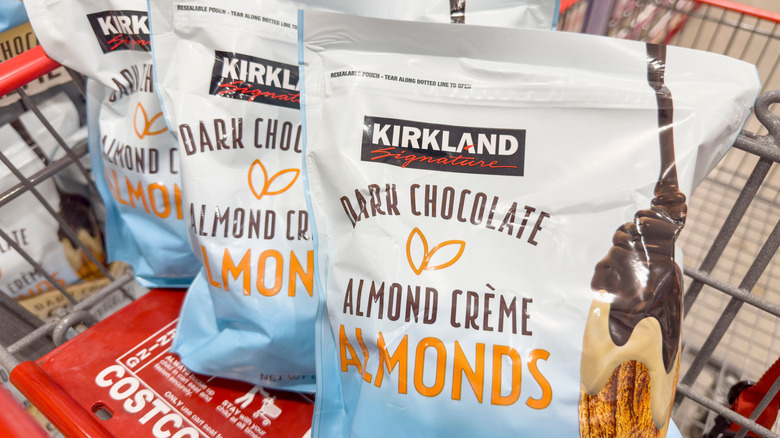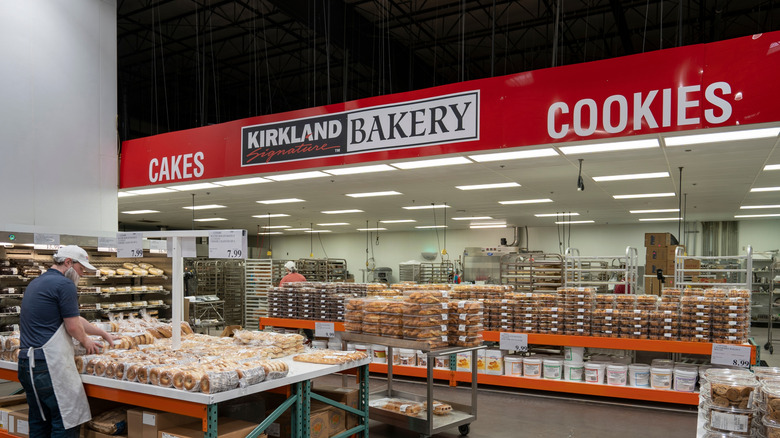Did The First Costco Grocery Store Sell Kirkland Brand Items?
Before there was Costco, there was Price Club, a discount retailer in Southern California (and before that, a progenitor known as FedMart). A competitor, Costco, emerged in the northwestern U.S. and opened its first store in 1983 Seattle. In 1993, Price Club merged with Costco. At first, the combined wholesale retailer was called PriceCostco but eventually, the new leadership dropped "Price" from the name. After the merger, the creation of the Kirkland Signature brand came two years later. Within less than six years, Costco was pulling in $3 billion in revenue
Prior to the overall rebranding, Costco sold about 4,000 different products under names like Simply Soda, Clout laundry detergent, Nutra Nuggets dog food, and Chelsea toilet paper. All told, Costco had nearly 30 unique store brands available to shoppers. Yet, though the products were identifiable, the names meant nothing to consumers. Founder Jim Sinegal set out to change the situation with a recognizable single name and a cohesive brand identity.
Why did Costco rebrand?
Costco, which was originally headquartered in Kirkland, Washington, took cues from its location for the name. It also created the Kirkland Signature label to promote consistent recognition, unite all the disparate store brands, and save Costco money. Instead of creating a variety of labels, it only had to focus on producing one. The savings could then be passed on to customers.
Not only are Kirkland Signature products still considered to be affordable, they are often recognized for providing excellent quality for the money. It's part of Costco's strategy to combine outstanding items with affordability to keep loyal customers. Costco often appears to source products from big-name manufacturers, like coffee that was at one time roasted by Starbucks and canned tuna that's produced by Bumble Bee.
Switching to one label for its in-house merchandise has worked out well for Costco. Kirkland Signature makes up approximately 30% of the retailer's revenue, while these Signature products sell for up to 20% less than national brand counterparts. In 2023, the brand produced $56 billion in revenue.

